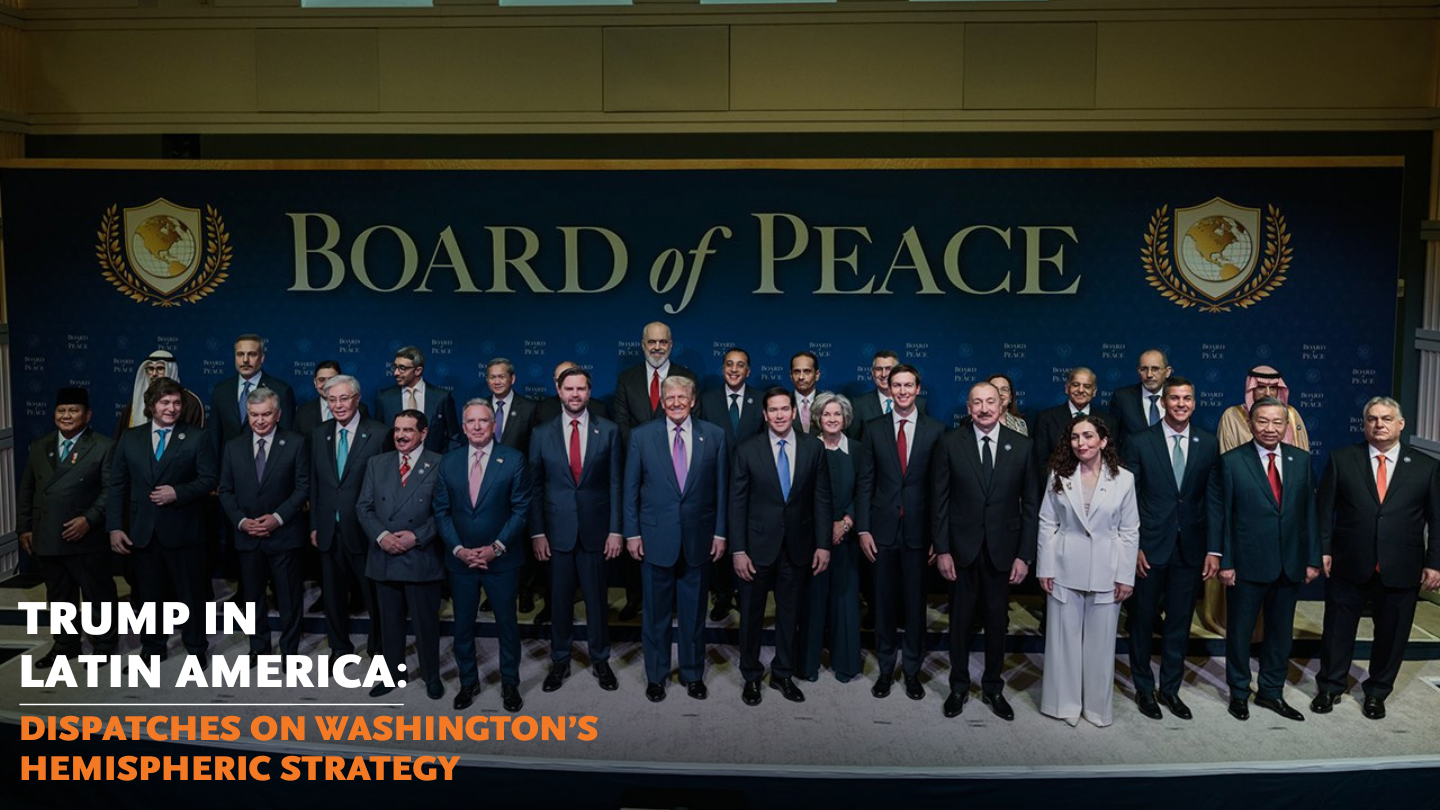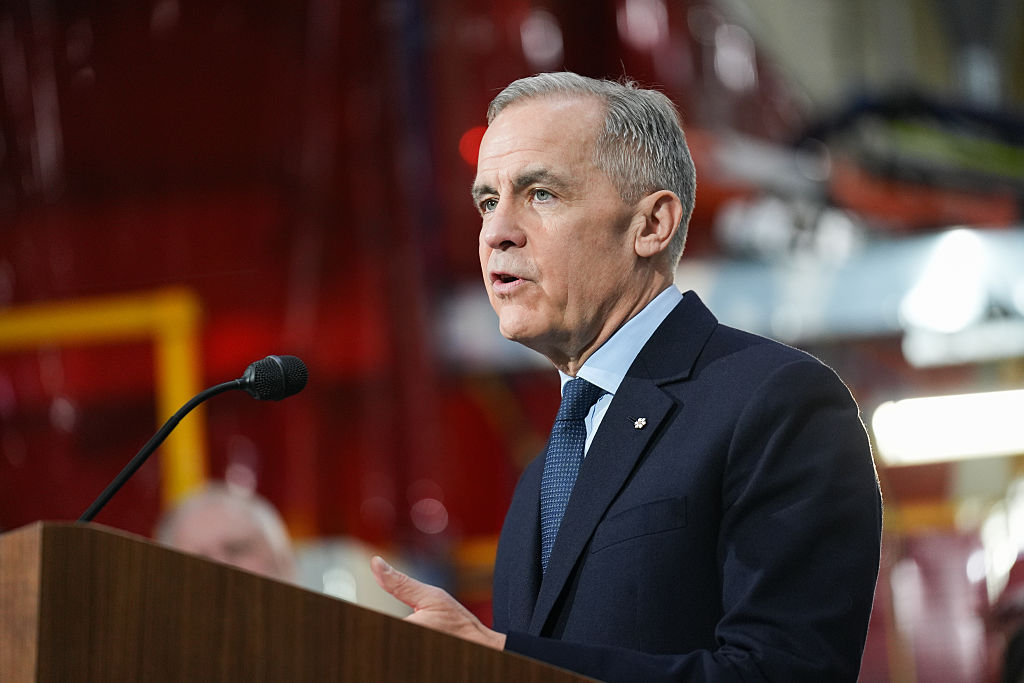Building the U.S.-Brazilian Agriculture Partnership
Building the U.S.-Brazilian Agriculture Partnership
Brazil and the United States need to overcome acrimony over agricultural agreements, write COA's Eric Farnsworth and Valeria Souza Cruz. In an AS/COA Viewpoint, they make the case that Washington should reexamine U.S. cotton subsidies as a step toward a common bilateral agenda.
Last year the global population hit 7 billion. The world’s a big place and someone has to clothe and feed it. The United States and Brazil, as two globally competitive agriculture powers, have a strong incentive both as producers and consumers to work together in this important area. Through bilateral investment and open trade, joint efforts on research and development, and mutual efforts at global forums such as the World Trade Organization (WTO), the United States and Brazil can build an agenda for progress that helps to meet the nutritional needs of a growing world while also bringing mutual commercial and economic benefits.
Unfortunately, this vision has been obscured for a number of years because the U.S.-Brazil agriculture relationship has generally been defined by what separates us rather than what brings us together. From orange juice to ethanol—along with acrimony rather than cooperation at the WTO—the United States and Brazil have yet to find a common agenda. The latest irritant is cotton. It’s time that this issue is resolved.
According to a U.S. Department of Agriculture report, Brazil is a leading cotton producer, effectively competing with the United States in Asian and European markets. Several factors are responsible for this dynamic, including trade liberalization, expansion of cotton-producing land as a result of advanced technologies and targeted government support, and the Brazilian economy’s structural transformation. Brazil has ranked in the top five worldwide in cotton exports in recent years, accounting for as much as 9 percent of global cotton exports. The commodity contributes meaningfully to Brazil’s agricultural output and foreign exchange earnings; in 2009 the value of Brazilian cotton production reached $3.5 billion, or 3 percent of the country’s total agricultural output.
In 2004, Brazil took the United States to the WTO over allegations that U.S. subsidies to the domestic cotton industry caused dumping on global markets. The United States controls approximately one third of the global cotton export market and subsidies have provided cotton growers up to $4 billion per year. Brazil won the case, and was authorized to impose some $830 million in retaliatory tariffs, including against unrelated products.
In a last minute bid to avoid retaliation in 2010, the United States entered into a temporary agreement with Brazil in the form of a Memorandum of Understanding (MOU) and a Framework Agreement, under which the United States would be obligated to make annual payments of $147.3 million to the Brazilian cotton industry, as well as other technical commitments, in return for Brazil’s promise to withhold retaliatory actions until the U.S. Congress addressed the trade-distorting provisions of U.S. cotton policies. The United States also resolved to reach a definitive solution to the dispute within the context of the pending farm bill.
Along comes the U.S. political season, and efforts to conclude a farm bill have been shelved for the duration, without a clear understanding of when the discussions will be rejoined. Nonetheless, the efforts to reform the cotton program that have been temporarily suspended would leave Brazilian farmers worse off than they are now, according to Brazil’s Ambassador to the WTO Roberto Azevedo, hosted by the Council of the Americas and others for an October 25 event in Washington. The ambassador noted that Brazil wants a solution that reduces distortion in global cotton markets, rather than a continuation of the U.S. payments, and is not looking to retaliate but would do so if need be to force U.S. action along these lines.
Of course, Brazil’s objections aside, the ultimate solution to the problem is for the United States to dramatically reduce its taxpayer-funded subsidies to U.S. cotton producers. At a time of record prices and profits in the U.S. agriculture sector, coupled with record-high budget deficits that have to be addressed, it is absurd that the U.S. taxpayer would be supporting both U.S. and Brazilian cotton producers when both are already globally competitive.
In the meantime, the bilateral MOU expired September 30, but Brazil has consented to an indeterminate short term extension, anticipating that the United States will revisit these issues shortly after the elections. Perhaps the dispute will be resolved early in 2013, if not before; nobody really knows. The longer it festers, however, the more difficult it will become and to move forward with a more cooperative agriculture relationship that is unquestionably in the interests of both nations.








